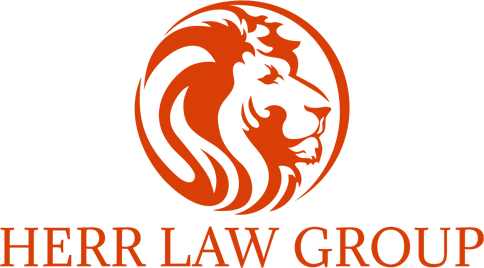What is a resulting trust in property law?
A resulting trust is a response to a lack of intention to benefit the transferee, and it would arise whenever the intention of the transferor to benefit the transferee is vitiated or absent. There is an important distinction between the presumption of resulting trust and the resulting trust itself.
Vancouver estate lawyers and trust litigation lawyers protect trust assets and property for the beneficiaries or real owners. A trust is when one person holds an asset for another person. The person who has control of the asset is not the real owner. If you lend your car to a friend, your friend is a trustee of your car because you are still the real owner. There are standalone trusts and will trusts. Many wills set up a trust such as the trustee holding money for the benefit of beneficiaries who are still children. The children are the beneficiaries or real owners of the money. The trustee holds the money for the children until they become adults.
How do you define Resulting Trust in Canada?
The Supreme Court of Canada defined a resulting trust as follows: “A resulting trust arises when title to property is in one party’s name, but that party, because he or she is a fiduciary or gave no value for the property, is under an obligation to return it to the original title owner.
The most common claims in trust litigation are breach of trust, constructive trust and resulting trust. A trustee must obey trust law and the terms of the trust. A breach of trust claim arises when a trustee chooses to not obey trust law or the terms of the trust. The beneficiaries or real owners have the right to hold the trustee accountable for any loss to the trust. A constructive trust claim is one remedy to hold the owner of property accountable to another person for a benefit received. The basic requirements for a constructive trust are an enrichment, a deprivation and no legal reason justifying the enrichment or deprivation. A resulting trust claim is when one person transfers an asset to another person for no consideration or money. A common example is a father or mother transferring a house, cottage or bank account into the name of a daughter, friend of son for free. In most cases, the law presumes that the real owner is still the original owner.
Resulting Trust Canada
A resulting trust arises when title to property is held in the name of a party who gave no value for it. In such circumstances, that party is obliged to return the property to the original title owner unless he/she can establish it was given as a gift.
Here are some Resulting Trust examples:
- A trustee must follow the terms of the trust
- A trustee must preserve the capital of the estate
- A trustee must treat capital and income beneficiaries with an even hand
- A trustee must exercise the care, skill, diligence and judgment that a prudent investor would exercise in making investments
- A trustee must always be ready to account and must pass his accounts within 2 years from the date of his appointment.
What is the difference between resulting trust vs constructive trust?
A resulting trust is based upon the presumed intention that arises where a person provides funds for the purchase of property. A constructive trust is founded upon a common intention that can either be expressed or inferred but cannot be based upon an intention that the parties never in fact had.
How do you prove a resulting trust?
A resulting trust is only presumed and as such can be rebutted in the event that evidence can be provided to prove that the intentions of the parties were to gift the money. Examples include: Evidence the money was a gift such as a gifted deposit letter.
Contact Herr Law Group Resulting Trust Lawyers Today!
In determining intent, trust litigation attorneys and lawyers consider such evidence as any formal deed of gift and/or statutory declaration, post-transfer conduct and statements, bank documents, the control and use of the funds in the account, the granting of any power of attorney and the tax treatment of the joint accounts. Similar types of evidence are appropriate for the gratuitous transfer of real estate.
If we can help you with a breach of trust, constructive trust or resulting trust claim, please call our office for a free one-hour consultation..


